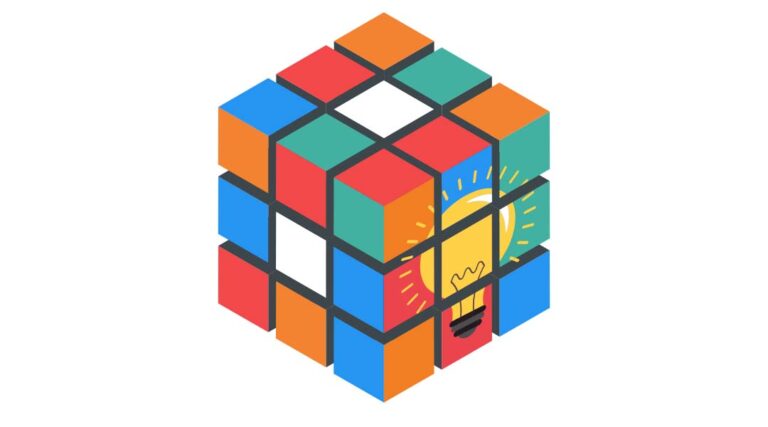
Facebook is partnering with French boffins and Microsoft Research to try and replicate language learning in very young children.
The Zerospeech 2019 challenge, backed by Facebook’s AI Research Group, the Paris Science & Lettres University and Redmond, could “be useful for improving a wide range of AI tasks related to thousands of ‘ow-resource’ languages, where there are limited linguistic or textual resources available for training AI systems.” Although we suspect Facebook and co will find other uses as well.
As the challenge doc notes, “Young children learn to talk long before they learn to read and write. They can conduct a dialogue and produce novel sentences, without being trained on an annotated corpus of speech and text or aligned phonetic symbols.”
Yes, it’s a magical process, which to misquote Hillary Clinton “takes a village”.
Or as the entry form puts it, “Presumably, they achieve this by recoding the input speech in their own internal phonetic representations (proto-phonemes or proto-text), which encode linguistic units in a speaker-invariant representation, and use this representation to generate output speech.”
Under the competition rules, the organisers provide “a baseline system which performs the task using two off-the-shelf components: (1) a system which discovers discrete acoustic units automatically in the spirit of Track 1 of the Zero Resource Challenges 2015 [1] and 2017 [2], and (2) a standard TTS system.”
Entries should aim to replace one or both of those systems, so you can pitch an artificial speech recognition system, a text to speech system – minus the text or phonetic labels – or both. Entrants also get access to two data sets – one in English for development, and a “surprise Austronesia language for testing.”
Facebook reckons making “low-resource” languages more amenable to AI would also have the benefit of shifting research away from English centric work, “toward a more global perspective and capability.”
The competition also has the advantage of not involving research on any actual children. Facebook was left red-faced this week, after it emerged it was paying kids $20 a month to install a data-slurping app in the interests of “research”, breaching Apple’s Appstore rules in the process, and setting off another privacy snowstorm, which also took out a similar app from Google.
Full details of the competition are here. Entries need to be in by March, with the top scoring or most innovative papers presented at the Interspeech conference in September.
